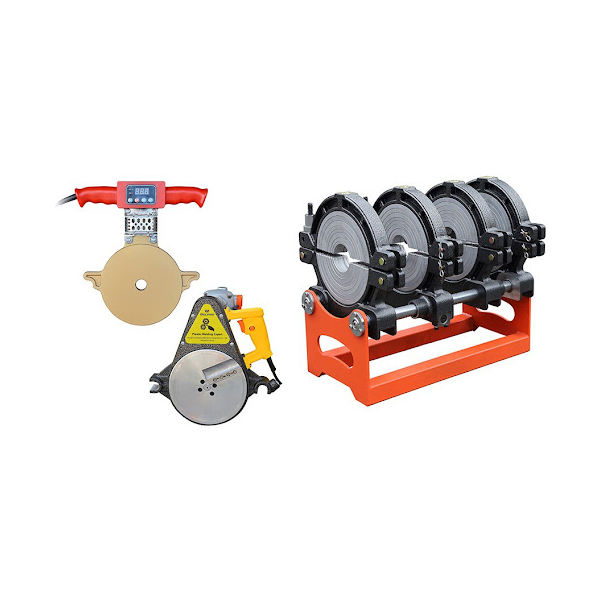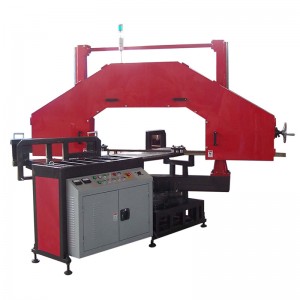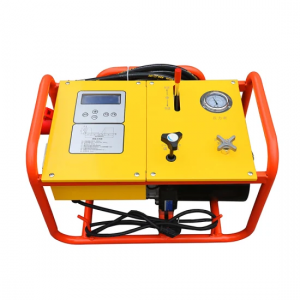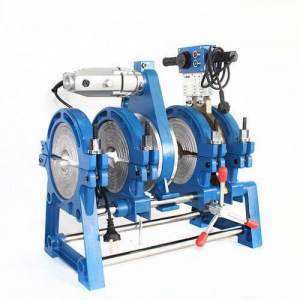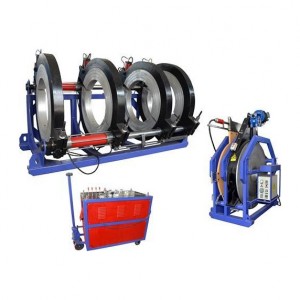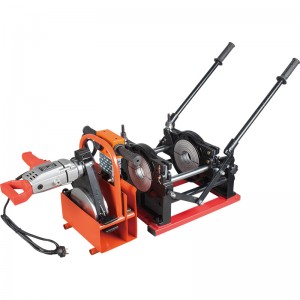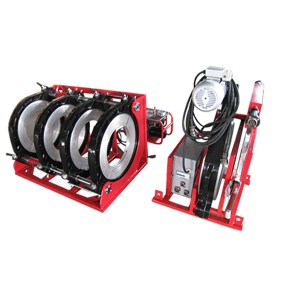Mastering the Art of Plastic Fabrication: A Guide to Manual Plastic Welding Equipment
Understanding Manual Plastic Welding Equipment
Manual plastic welding equipment refers to tools that require direct human control and intervention throughout the welding process. Unlike their automated counterparts, these devices offer a hands-on approach, giving operators maximum control over the speed, pressure, and temperature—key factors that determine the quality of the weld. Common types of manual welding tools include soldering irons designed for plastic, hot air guns, and specialized welding kits equipped with various tips and nozzles for different welding techniques.
Benefits of Manual Plastic Welding Equipment
● Precision and Control: Manual welding tools allow for detailed work on intricate pieces, offering the operator precise control over the welding process.
● Versatility: They are suitable for a wide range of applications, from small repairs to custom fabrication projects.
● Portability: Most manual welding tools are lightweight and portable, making them ideal for on-site repairs and projects that require mobility.
● Cost-Effectiveness: Manual equipment typically comes at a lower price point compared to automated systems, making it accessible for hobbyists and small businesses.
Choosing the Right Manual Plastic Welding Equipment
When selecting manual plastic welding tools, consider the following factors to ensure you pick the best equipment for your needs:
● Type of Plastic: Ensure the welding equipment is compatible with the types of plastics you intend to weld, as different materials require different welding temperatures.
● Project Requirements: Assess the complexity and size of your projects. Detailed or small-scale work might benefit from precision tools with adjustable temperature settings.
● Ergonomics: Choose tools that are comfortable to hold and operate, especially if you plan on using them for extended periods.
● Accessories and Tips: Look for welding kits that come with a variety of tips and accessories, offering versatility for different welding tasks.
Applications of Manual Plastic Welding Equipment
Manual plastic welding tools are invaluable in numerous settings, including:
● Automotive Repairs: Fixing cracks in plastic parts such as bumpers, headlights, and interior components.
● Construction: Sealing joints in PVC piping or repairing plastic sheeting and insulation.
● Manufacturing: Assembling plastic components in small-scale manufacturing setups.
● DIY Projects: Crafting and home improvement projects that involve plastic materials.
Best Practices for Manual Plastic Welding
To achieve optimal results with manual plastic welding equipment, follow these best practices:
● Proper Surface Preparation: Clean and dry all surfaces thoroughly before welding to ensure a strong bond.
● Practice Technique: Spend time practicing on scrap materials to hone your skills and understand the behavior of different plastics under heat.
● Maintain Equipment: Regularly clean and maintain your welding tools to ensure they perform efficiently and last longer.
● Safety First: Always work in a well-ventilated area and wear protective gear, such as gloves and safety glasses, to protect against heat and toxic fumes.
Conclusion
Manual plastic welding equipment offers a unique blend of flexibility, control, and affordability, making it a favored choice among professionals and hobbyists alike. By understanding the types of equipment available, their applications, and how to select the right tools, you can unlock the full potential of manual plastic welding for your projects. Whether you're repairing a cherished item or creating something new, manual welding tools empower you to achieve durable and high-quality welds with a personal touch.

